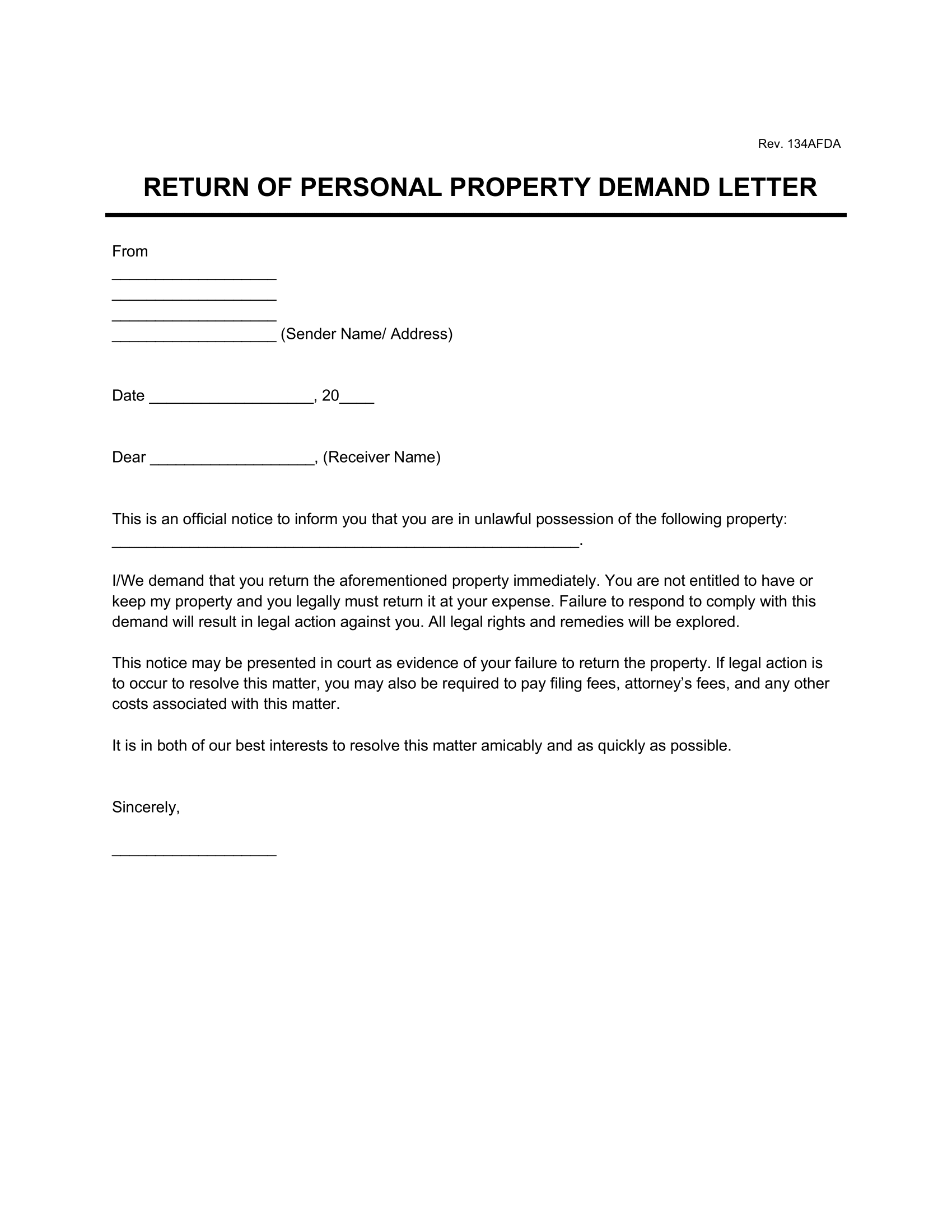When your property is taken, you want it back quickly. But, how much does a lawyer charge to help? This is a common question. Let’s find out.
What Is Property Confiscation?
Property confiscation happens when the government or police take your things. This can be money, cars, or other items. They may take it if they think it is linked to a crime.
Why Do You Need a Lawyer?
Getting your property back can be hard. You need to follow laws and rules. A lawyer knows these laws. They can help you get your property back.
Factors Affecting Lawyer Fees
The cost of hiring a lawyer varies. Here are some factors that affect the fees:
- Type of Property: The type of property taken can change the fee. Cars, money, and other items may have different costs.
- Location: Lawyer fees can change based on where you live. Big cities often have higher fees.
- Experience: Experienced lawyers may charge more. They have more knowledge and can be more helpful.
- Complexity: If your case is complex, it may cost more. More work means higher fees.
Average Lawyer Fees
Lawyer fees can be different. But here are some average costs:
| Type of Property | Average Fee |
|---|---|
| Money | $1,000 – $3,000 |
| Car | $2,000 – $5,000 |
| Other items | $1,500 – $4,000 |
Types of Fees
Lawyers can charge in different ways. Here are the main types:
- Hourly Rate: The lawyer charges for each hour they work. Rates can be $100 to $500 per hour.
- Flat Fee: The lawyer charges one price for the whole case. This can be helpful if you want to know the total cost upfront.
- Contingency Fee: The lawyer only gets paid if you win. They take a percentage of the money you get back. This is less common for property cases.

Credit: www.irs.gov

Credit: diaztradelaw.com
How to Choose the Right Lawyer
Choosing the right lawyer is important. Here are some tips:
- Experience: Look for a lawyer with experience in property cases. They will know how to handle your case.
- Reputation: Check reviews and ask for references. A good reputation means they are trusted.
- Cost: Compare fees from different lawyers. Choose one that fits your budget.
- Communication: Make sure the lawyer communicates well. They should keep you updated on your case.
Steps to Take
Here are the steps you should take to get your property back:
- Contact a Lawyer: Find a lawyer who can help with your case.
- Gather Documents: Collect any documents related to your property. This can include receipts, titles, and other papers.
- File a Claim: Your lawyer will help you file a claim to get your property back.
- Attend Hearings: You may need to go to court hearings. Your lawyer will represent you.
- Get Your Property: If the court agrees, you will get your property back.
Possible Challenges
There can be challenges in getting your property back:
- Time: The process can take time. Be patient and stay in touch with your lawyer.
- Proof: You need to prove the property is yours. Gather all the evidence you can.
- Legal Fees: Legal fees can add up. Make sure you understand the costs.
Frequently Asked Questions
How Much Do Lawyers Charge For Property Return?
Lawyer fees vary. Typically, $200-$500 per hour.
What Factors Affect Lawyer Fees?
Experience, case complexity, and location influence fees.
Do Lawyers Offer Flat Fees For Property Return Cases?
Some lawyers offer flat fees. Always ask during consultation.
Can I Negotiate Lawyer Fees?
Yes, you can negotiate fees. Discuss with your lawyer.
Conclusion
Getting your property back is important. A lawyer can help you through the process. The cost depends on many factors. Make sure to choose the right lawyer for your case. Understand the fees and the steps involved. With the right help, you can get your property back.
